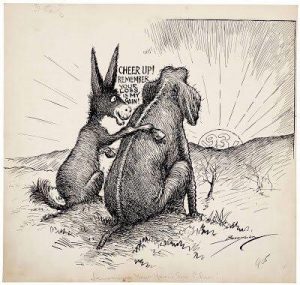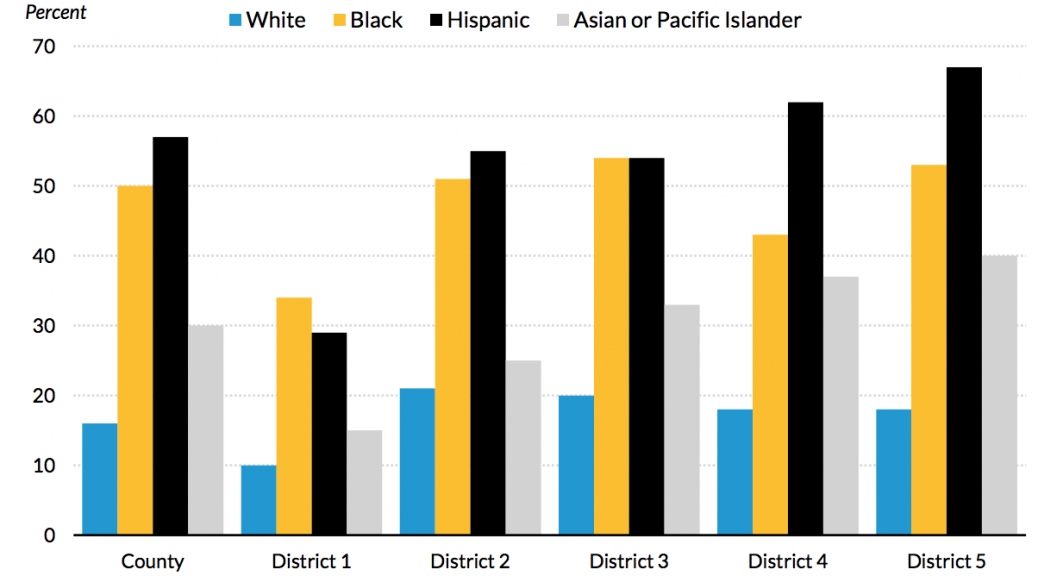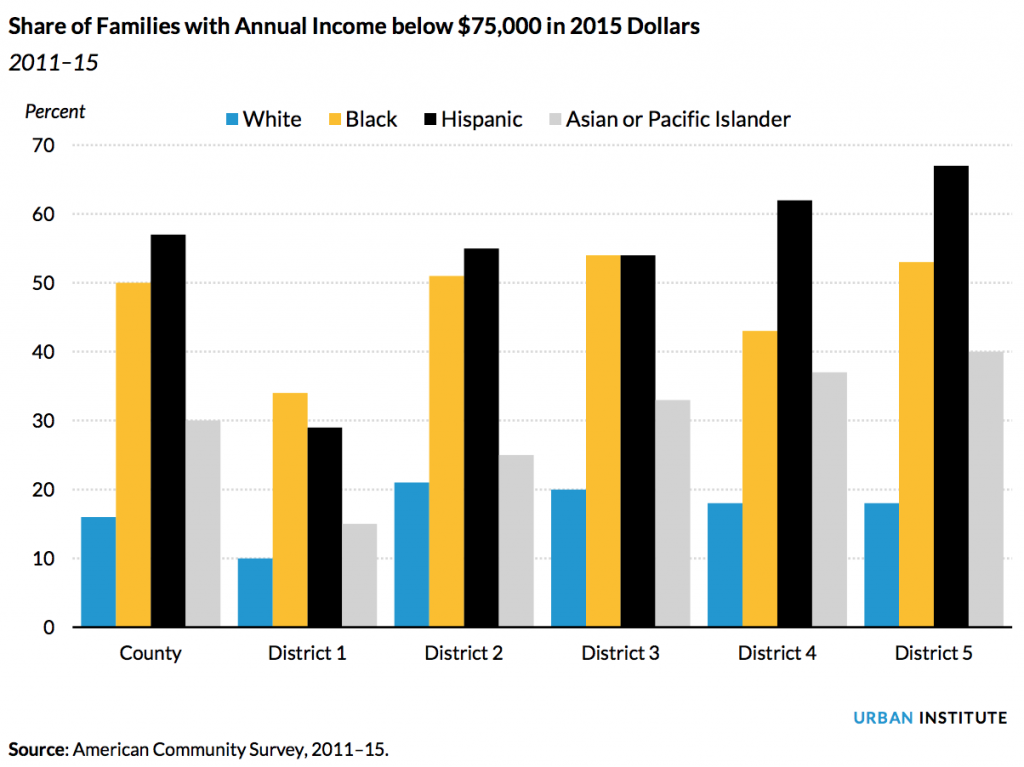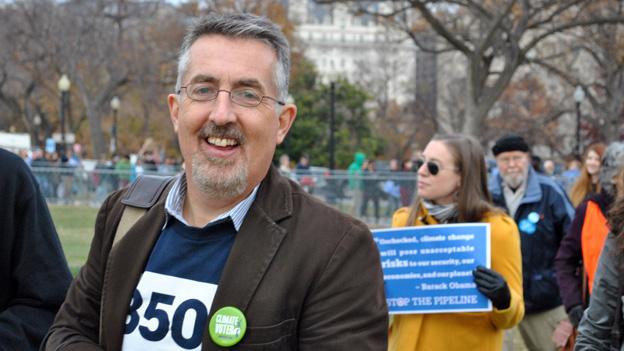My pick for State’s Attorney, and why this local race matters
Perry Paylor is my pick for Montgomery County State’s Attorney in the 2022 Democratic primary. He is running to fight for a brighter and more equitable future for all County residents, and he is uniquely positioned among the candidates to make change reality.
The State’s Attorney is Montgomery County’s lead prosecutor. This is an elected office whose policies have a major, underappreciated impact on public safety, justice, equity, and the well-being of county residents. Yet the office’s 70+ lawyers have been led in recent years by an old-school prosecutor, and it shows. Did you know, for instance, that —
As of May 2020, the county jail population was 54% Black, compared to 18% of our County’s population. Between 2011 and 2020, Youth of Color comprised 90% of our detained juvenile population and 100% of our juveniles charged as adults. And there are no People of Color supervising trial attorneys in Montgomery County or in the top ranks (with the exception of the Community Outreach Officer, who does not supervise attorneys).
Perry Paylor will bring the change we need.
Perry needs your support in the form of a campaign contribution. I’ve contributed. Will you? Any amount will help: $25, $50, $100, $250, or more. Visit https://secure.actblue.com/donate/perrypaylor2022 to donate.
Why do I support Perry and why should you?
Perry Paylor has experience and credibility as a candidate. He is currently Deputy State’s Attorney in Prince George’s County. He understands the importance of diversion programs and alternatives to trial, eliminating cash bail (which discriminates against individuals without means), and ending the prosecution of low-level crimes, and he has fresh ideas on addressing domestic violence, elder abuse, and youth in the criminal justice system.
Here’s a short campaign video: https://www.youtube.com/watch?
Perry’s campaign will rely on contributions to get its message to voters across the county. Can we count on you? Please visit https://secure.actblue.com/donate/perrypaylor2022 to contribute.
Thank you for your support, and best wishes for the new year!
Seth
P.S. Since this is an electoral message, I’ll state that it is not authorized by any candidate or committee. I’m writing you because I believe Perry Paylor is the right candidate for a very important race.

 Conclusion #2: Public finance works, and woe betide a candidate who raises narrowly.
Conclusion #2: Public finance works, and woe betide a candidate who raises narrowly.

